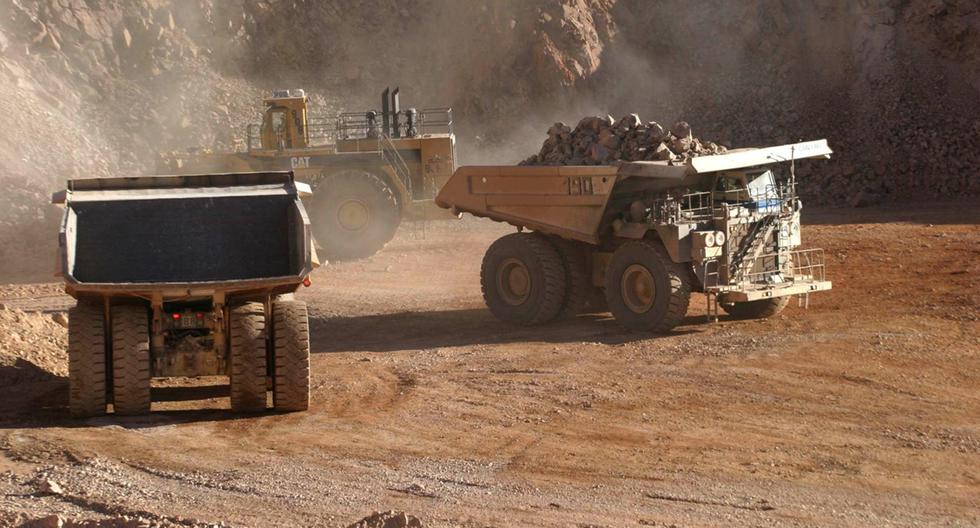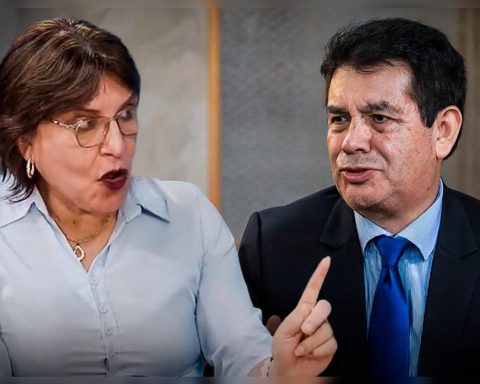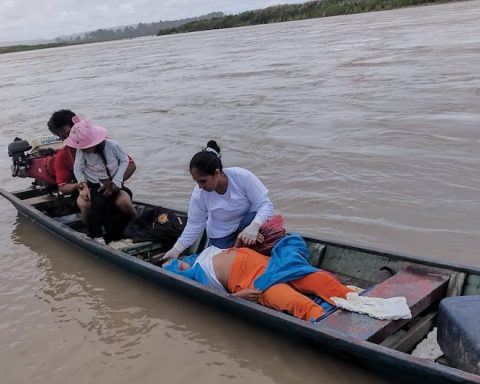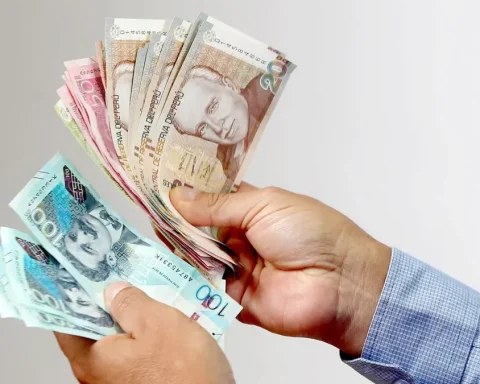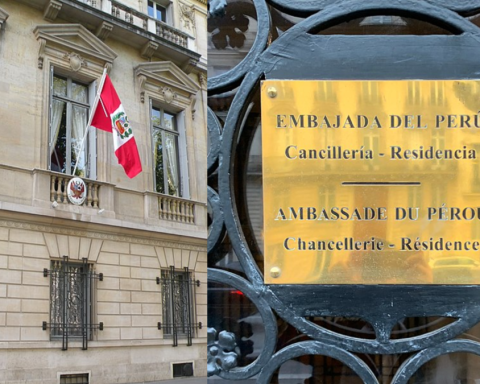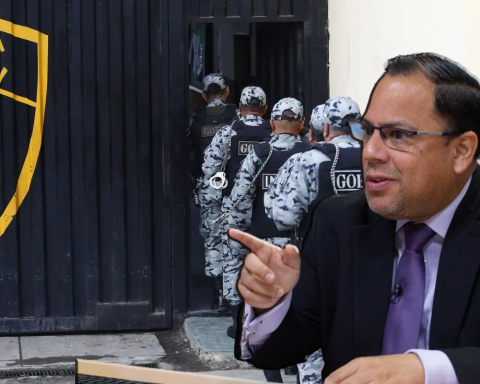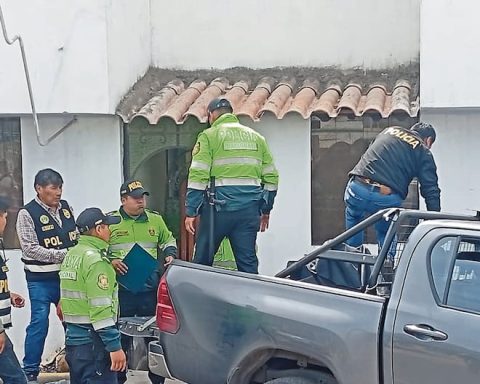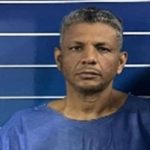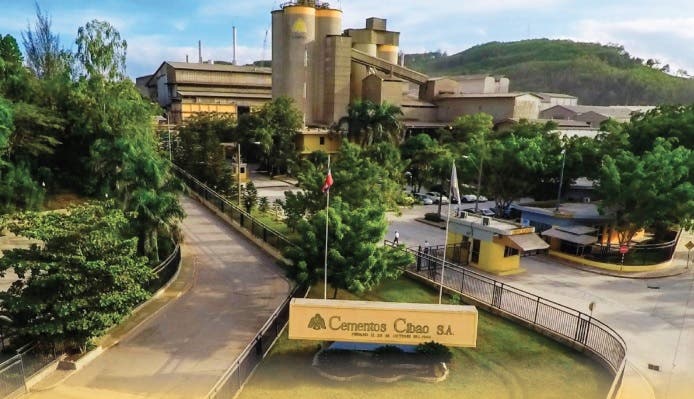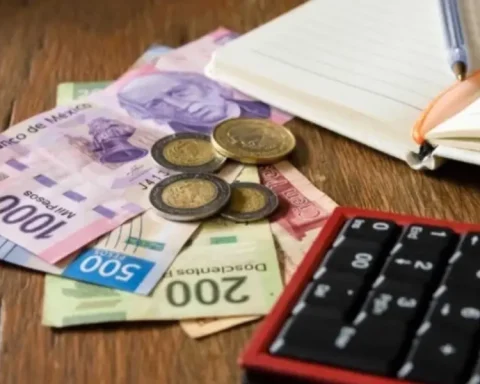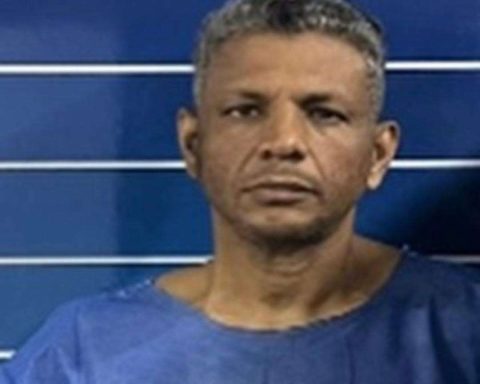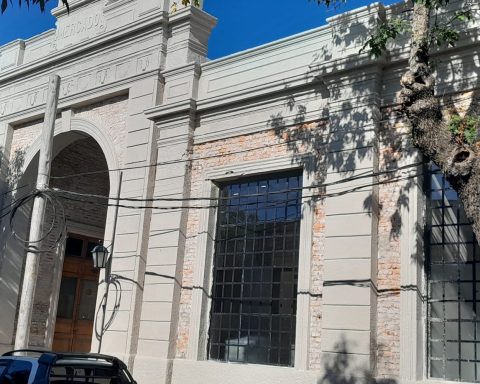Peru will present a portfolio of investments in mining for US$ 17.3 million in one of the main conventions of the sector in the city of Toronto, Canada, between June 13 and 15, as reported on Monday by the Commission for the Promotion of Peru for Exports and Tourism (Promperu).
The presence of a delegation of mining companies from Peru at the meeting of the Canadian Association of Prospectors and Developers (PDAC) will seek to promote foreign direct investment in manufacturing services and high technology in this sector, Promperú said.
During the PDAC convention, the Peruvian delegation will be able to establish business links with 660 investors from 135 countries and more than 514 exhibitors.
In addition, Peru will have a day dedicated to its country, on June 14, where it will offer conferences and presentations by the Minister of Economy, Oscar Graham, who will speak on “What awaits investors in Peru? Expectations of the Peruvian Economy 2021-2026″, and another by the president of the Central Reserve Bank, Julio Velarde, on the myths and truths of the Peruvian economy.
LOOK: Panela Project benefits more than 600 producers in the Piura region
Likewise, the president of the Canada-Peru Chamber of Commerce, Jorge León Benavides, and the Minister of Energy and Mines, Alessandra Herrera, will also participate.
From the private sector there will be presentations by the president of the National Mining, Petroleum and Energy Society, Raúl Jacob, the general manager of the British Angloamerican in Peru, Adolfo Heeren, and the president of Antamina, Víctor Gobitz, companies that have some of the the largest copper deposits in the country.
Currently, Peru has 63 mining exploration projects and 43 mine construction projects, of which 23 will be open pit, 13 underground and seven will be mixed, according to PromPerú.
Regarding suppliers to mining, this group is responsible for 15% of manufacturing exports in 2021 and the turnover of this sector exceeded US$ 107 million among approximately 80 companies.
Mining is one of the main economic activities in the country, but it is also the center of social conflicts due to the claim of the inhabitants to exercise their rights over the land and for the rejection of the environmental contamination that this activity can generate.
